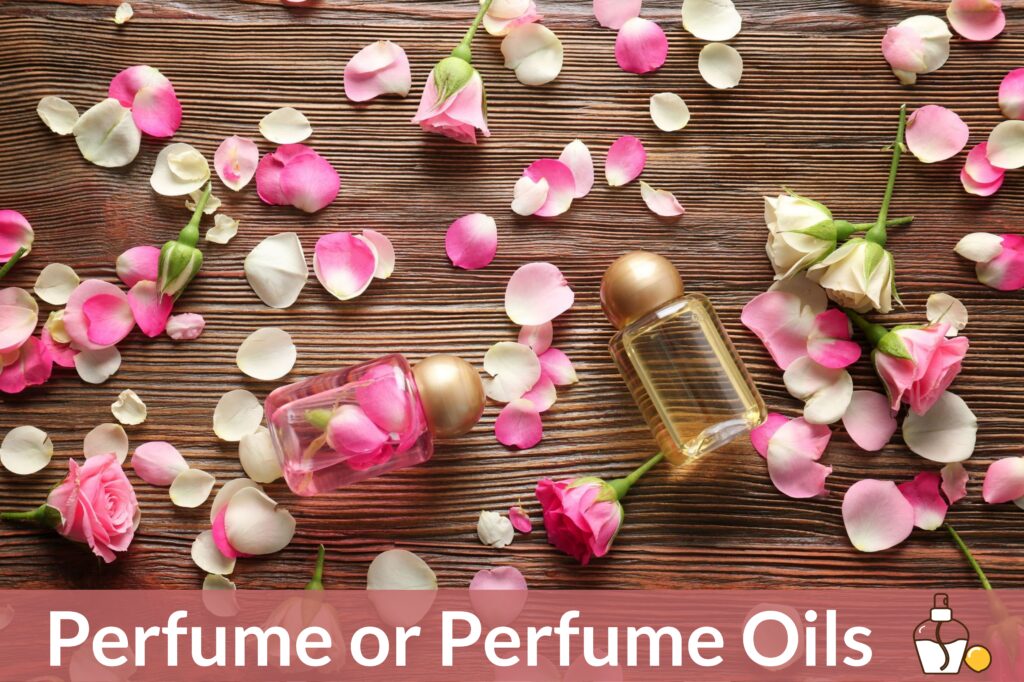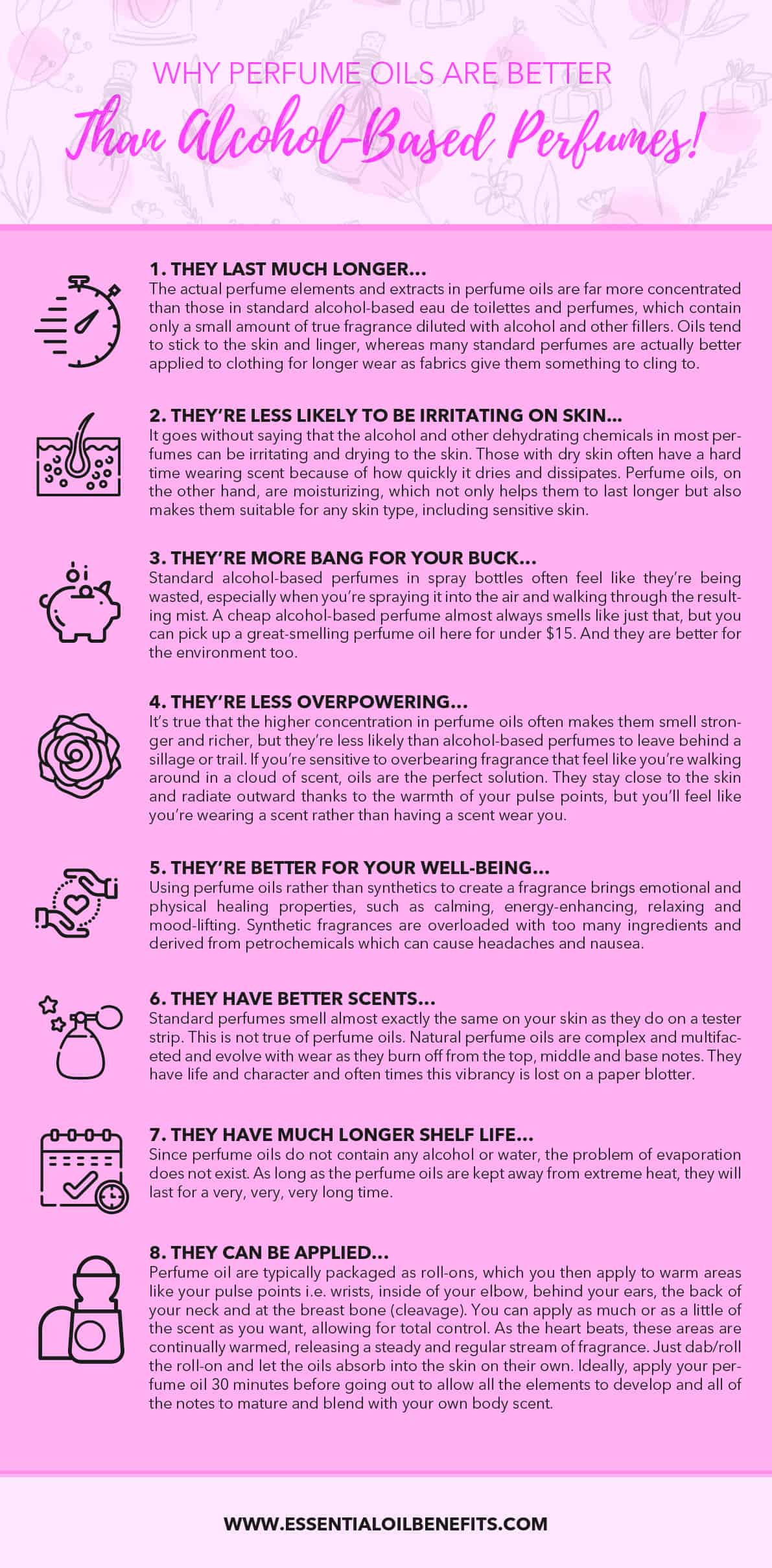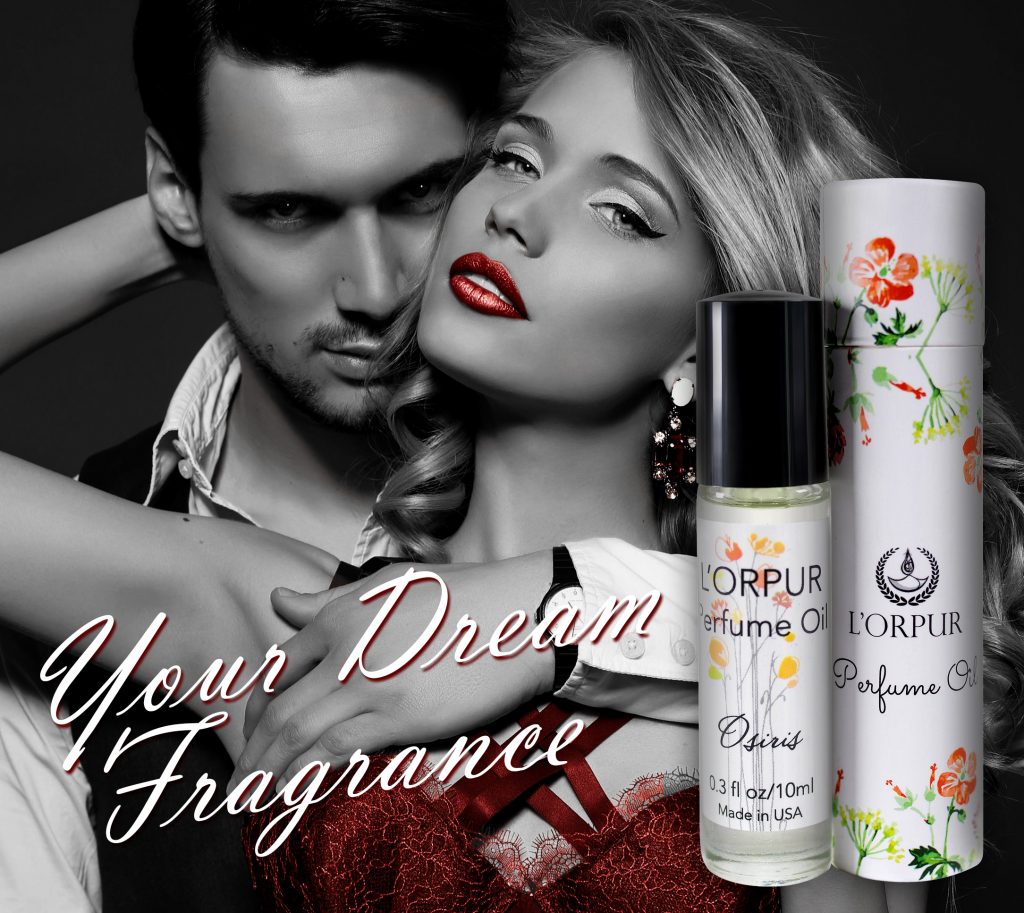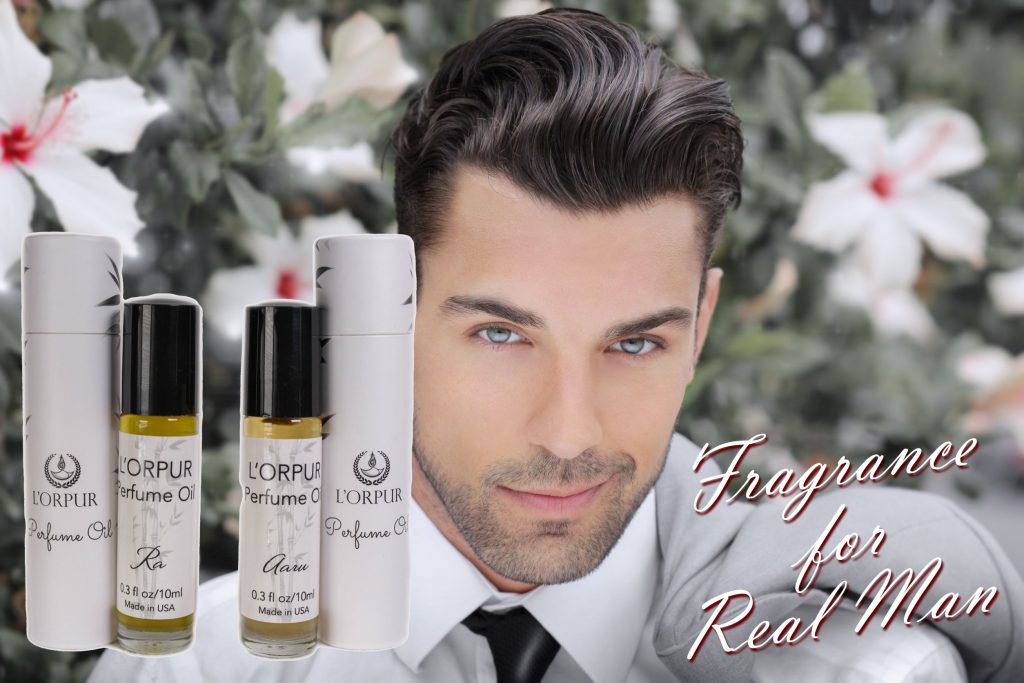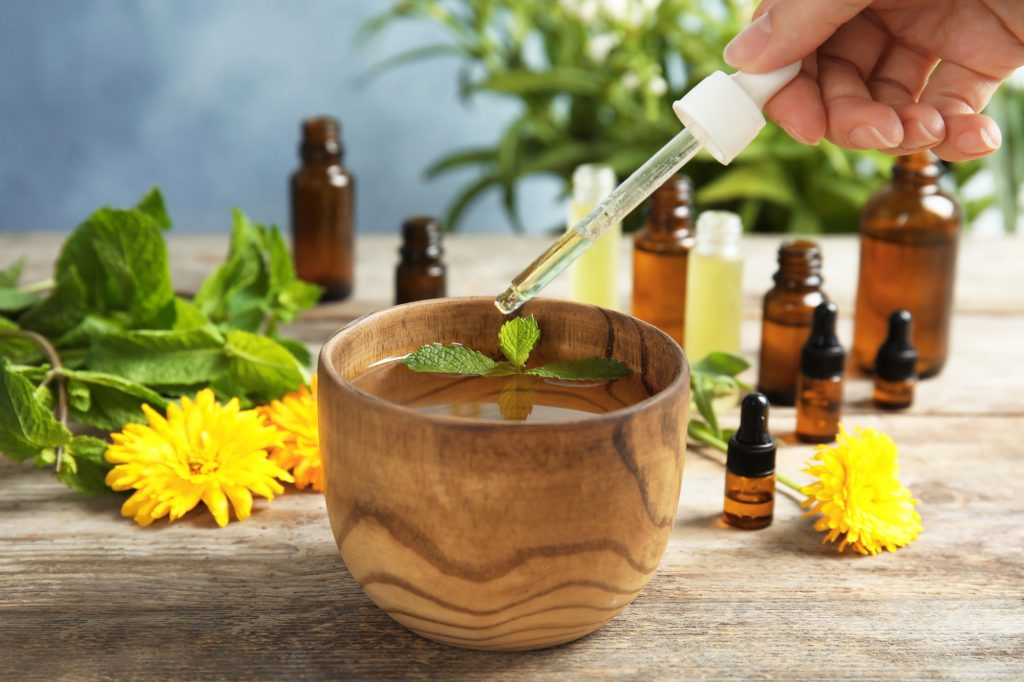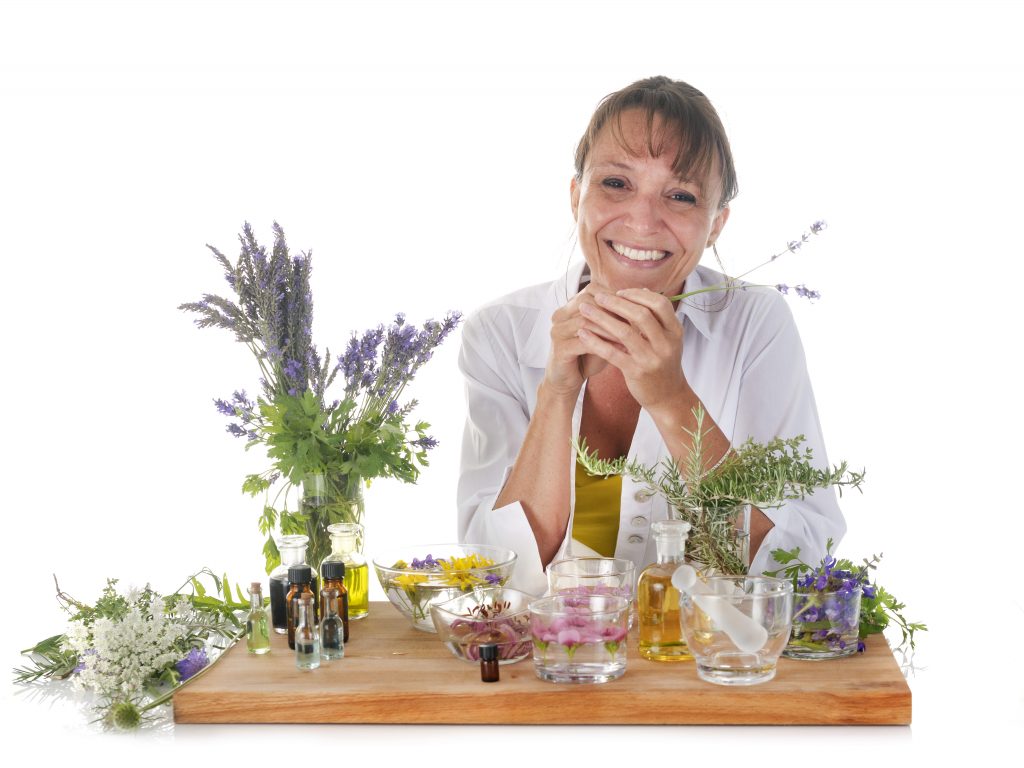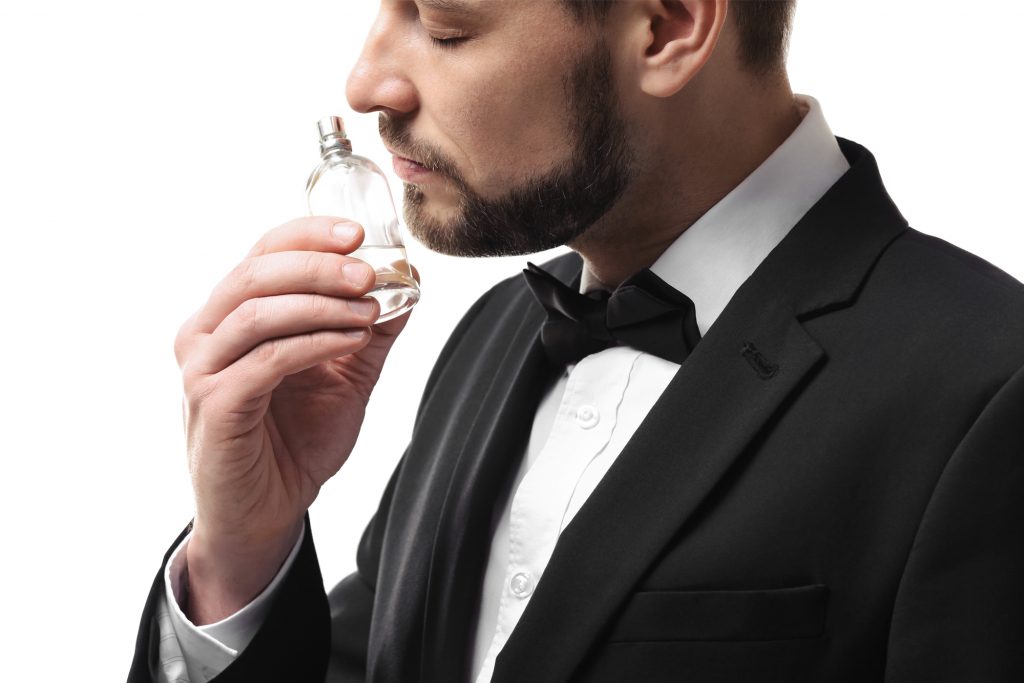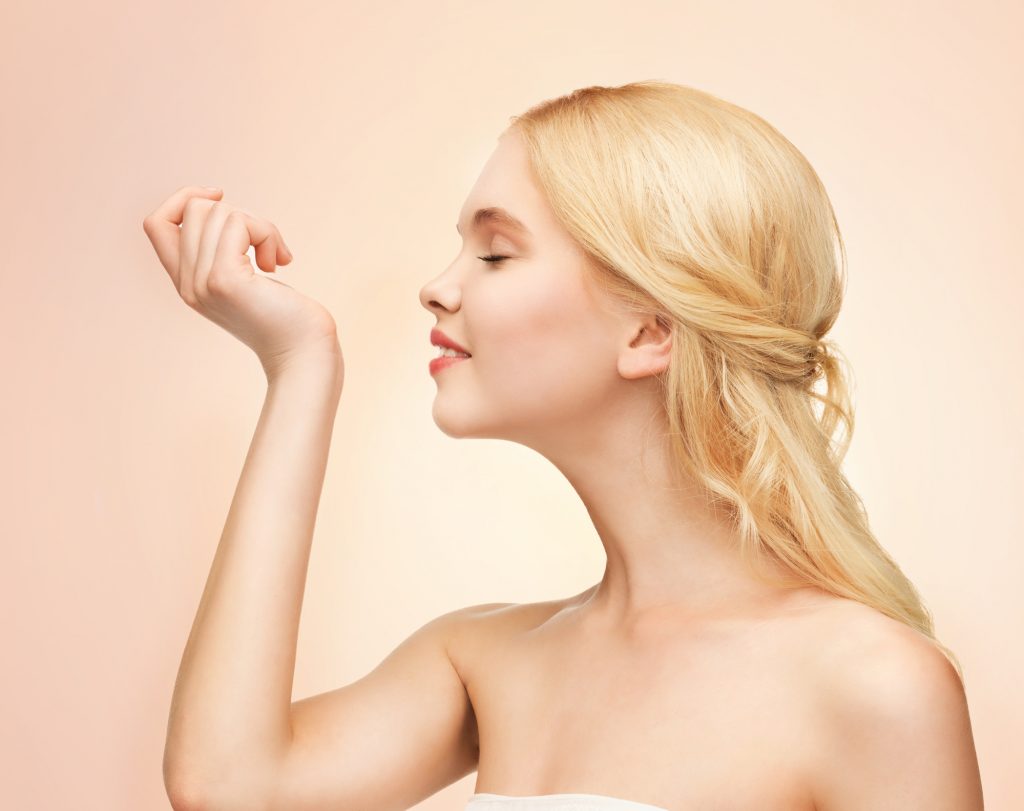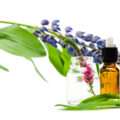Fragrance; it’s an invisible yet essential part of your personal style!
Whether you’re aware of it or not, how you smell plays a significant role in who you are. Extensive research has linked the emotional and psychological connections between a single whiff and the human’s brain ability to recall something.
Be it that first love affair, a mother’s gentle touch, your math teacher from hell or lingering hospital smells, any scent you take in is subconsciously embedded in your brain.
More importantly though, scent has a very powerful sway over our emotions. Much like pheromones, it leads to inherently closer bonds with those whose odor we find irresistible. So while it might not be immediately apparent, getting your fragrances right will always leave a powerful impression on those you interact with.
With the right perfume, you get benefits like increased attractiveness, a boost in your confidence, reduced stress levels and much more.
But as always, there’s more to getting the right fragrance than simply wafting the bottle under your nose. Due to ignorance, lack of information about the terminologies and not getting something that complements your natural body odor, the fragrance you use could backfire on you.
That’s why I’ve written this segment to educate my readers on the basics of perfumes and why most of them may not be necessarily good for you.
I’ll also let you in on why more and more people are moving towards perfume oils and ditching the toxic commercial gunk.
After that, I’ll show you how to make your own perfume oils, how to put them to good use as well as cleaning up some expected mess.
So stick around folks, because you just landed smack dab on my comprehensive, in-depth, and mother of all guides to everything you need to know about perfume oils and fragrances.
What Are Perfume Oils?
Also known as fragrance oils, perfume oils are blended synthetic aroma compounds or natural essential oils that have been diluted with carrier oils.
This mixture of fragrant oils and substances is used to give the human body, objects and living spaces pleasant scents. Not only do people use these scented oils to enhance their beauty and elevated moods, but also attract a potential mate too.
This art of perfume making can be traced back to centuries, if not millennia. The word perfume is actually Latin for “to smoke through”.
Perfumery began back in Egypt and ancient Mesopotamia and was further refined by Persians and Romans. Historically speaking, the world’s first recorded chemist can be considered a woman named Tapputi who made perfumes by distilling flowers, oils, and other aromatics and then filtering them.
Over the years, wearable scents have become a multi-billion dollar industry business with thousands of different perfumes, perfume oils, fragrances, and colognes. That’s why choosing the perfect scent that will match your unique style and personality is becoming increasingly difficult by the day.
Of course, when I say perfume, most people tend to think about those department store fragrances and commercial scents that consist mainly of concentrated oils, alcohol solutions, and secret aromas.
On this blog, we’re all about natural, healthy ingredients that improve your wellbeing. So no, even I wouldn’t wish some of these highly toxic commercial perfumes on my worst enemy.
But what exactly separates perfume oils from regular store bought perfume? And are fragrance oils more beneficial than standard perfumes?
Perfume Oils vs Perfume: Benefits of Perfume Oil
So, what’s all this fuss about perfume? I mean, it’s the end result that matters most, right? WRONG!
If you know anything about me and my core essentials, it’s that it’s not just about smelling nice. I care about every single ingredient used in these products; and how I get to the perfume.
Hey, nobody can blame you for picking a fragrance by its scent – after all, that’s the primary role of perfume, right?
Even I’m guilty of picking up any old bottle that was advertised; at least until I got my eyes (and olfactory sensors) opened to the truth. Trust me; there’s a whole lot of 411 that you don’t know about perfume. I’m talking types, kinds, notes, concentrations – and that’s just the basics.
But before I get to that, let’s separate the wheat from the chaff. Nobody’s accusing commercial perfume companies of anything… but if it quacks like a duck, walks like a duck, and lays millions of lifeless, weak scented, over-concentrated eggs, then chances are that it’s a profit-hungry duck from hell.
We all love strong, sweet scents and attractive fragrances, and these perfume giants know it too. That’s why it’s so easy to trap millions of customers with cheap, concentrated, quick dispersing fragrances.
This is where perfume oils come in to save the day. Not only are they made with natural ingredients that are packed with numerous benefits, but they are also far less likely to irritate dry and sensitive skin like their chemical laden counterparts.
Let’s take a close look at how perfume oils differ from regular perfumes.
1. Perfume Oils vs Perfume: Strength and Longevity
First off, it’s a well-known fact that most standard perfumes and eau-de-toilettes contain just a few drops of true fragrance (well, what do you expect from profit-hungry brands?).
The rest is just heavily diluted alcohol and other fillers to give you the illusion of volume. This means that while using just a little will get you instant results, the alcohol and fillers evaporate in a matter of minutes leaving just a weak trail scent behind.
Flavor oils and perfume oils, on the other hand, are up to ten times more concentrated than regular department store perfumes. What’s more, they tend to use healthy carriers and essential oils instead of alcohol for diluting.
This results in body oils that stick to the skin and linger for much longer as opposed to alcohol that quickly evaporates. With aromatic oils, you get a much stronger and constant scent that stays with you all through the day.
2. Perfume oils vs Perfume: Effects on Skin
Automatically, it goes without saying just how many chemicals and additives are present in commercial perfumes. Just the alcohol and other dehydrating chemicals alone are enough to wreak havoc on previously flawless and healthy skin.
That’s why people with dry skin have trouble using these industrial scents in the first place. Apart from dissipating ten times faster than normal, the residual chemicals can worsen the state of your skin.
Perfume oils, on the other hand, are actually recommended for all types of skin. Not only are these body oils moisturizing, but they sink deep into the skin for all-day moisturization and healing.
What’s more, aromatic oils stay completely away from additives and harmful chemicals that could irritate your skin. Combine that with the vast array of sweet smelling fragrances, and you’ve got the ultimate tool for skin care right there.
3. Perfume Oils vs Perfume: More Bang for your Buck
Okay, hands up if your store bought perfume comes in anything other than a spray bottle? That’s what I thought; nothing sounds sweeter to commercial companies than overuse or wastage of their product.
What’s wastage to you means larger profit margins for them. As a matter of fact, they have the audacity to recommend the “spray in the air and walk through the mist technique”. Do they have any idea how much perfume is wasted pulling stunts like that?
Perfume oils, on the other hand, are typically packed as roller balls or dip bottles where you simply have to dab and apply a small amount to warm areas such as the wrist, elbow, behind the ears and at the back of the neck.
Not only does this save you a ton of perfume, but you get total control over the fragrance. No more madness about spraying the air and walking through the mist – C’mon, it’s perfume, not an air freshener!
Natural Perfume Oils For Men and Women
My approach in formulating L’orpur perfume oils has been to create something natural, which does not irritate skin and is simple to use. It can be applied on a daily basis for your own unique scent.
L’orpur perfume oils have been expertly crafted and offer the following benefits:
- They last much longer…
- They’re less likely to be irritating on skin…
- They’re more bang for your buck…
- They’re less overpowering…
- They’re better for your well-being…
- They have better scents…
- They have much longer shelf life…
- They can be applied on your pulse points and much more.
How To Make Perfume Oil
Now that you know the truth about commercial perfumes, I’m sure you’ll never waste your time and money on that cesspool stew again. But this doesn’t mean that you’ve got to stop smelling great, right?
In this segment, we’ll be looking at how to make your own perfume oil crafted to your personal style and preference.
But before I dive into the right fragrance for you, it’s important to grab all the basics of perfume making. Here’s a little ‘edumacation’ on the different notes, concentrations, fragrances, and types of perfumes.
1. Perfume Making 101
Phase 1: Know Your Scents
Each perfume or cologne consists primarily of different notes that end up determining the overall scent. These notes consist of several different layers referred to as the top, middle and base notes that all work together to create distinct smells.
Think of an evaporating pyramid of sorts with three sections. Each section will contain individual notes or scents that you’ll end up smelling and describing your perfume by.
Some perfume oils could be fruity with undertones of citrus while others can be considered floral with scent notes like geranium, rose or lavender. But before we get to that, let’s look at the three building blocks of scents and fragrances and how they unfold over time.
i) Top Notes
Also known as the headnote, the basic or top note is the initial, light smell of fragrance that hits your olfactory first. The top note is perceived immediately upon applying your perfume and will form the initial impression of the particular scent.
This note lasts anywhere between 10 minutes to 2 hours and includes floral scents, fruity scents, aquatic or marine notes and even spices.
ii) Middle Notes
Also referred to as the heart notes, the medium notes showcase all the main elements of your perfume oil’s fragrance. The note emerges just after the dissipation of the top note and lasts for between 30 minutes to 5 hours after initial application (depending on concentration).
Middle notes often comprise of heavy floral scents and other extra layers designed to give your perfume a distinctive smell.
iii) Base Notes
Base notes are the last to appear after the departure of the top and middle notes. Not only are they the last to develop, but they also help fix the aromatic oils to your skin as the central theme of your perfume.
The base notes bring depth to perfume and lay the foundation for the fragrance to last as long as 10 to 12 hours. Typical base notes include leather, tar, tobacco, musk, sandalwood and other bolder, masculine scents.
{You’ll need to remember these notes when creating your own aromatic body oils. Experts recommend blending scented oils from each note to achieve the most balanced results. A good rule of thumb is to have about 30 % top notes, 45 % heart notes, and 25 % base notes.
But as always, perfume making is a subjective process, so feel free to play around with the notes. This is just a rule of thumb to help you start creating and building an exquisite signature fragrance.}
Phase 2: Know The Different Fragrance Families
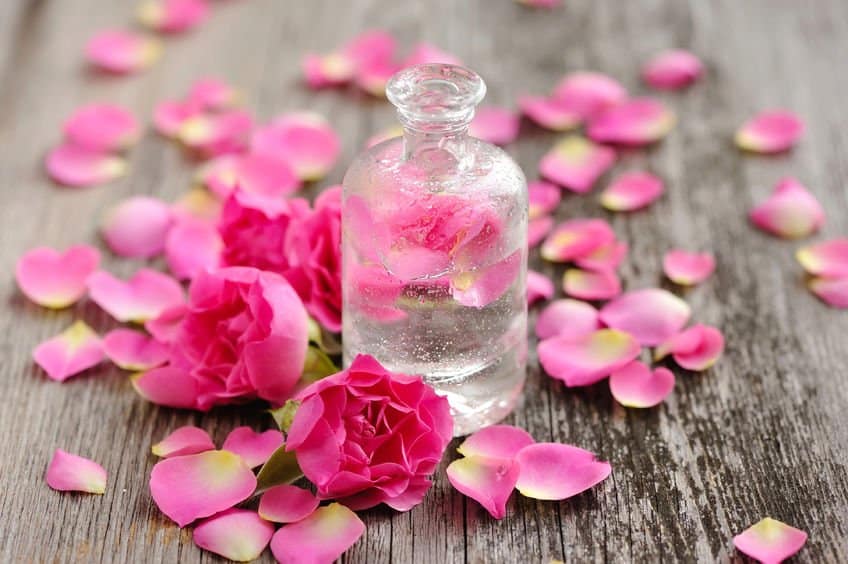
Now that you know what notes are, it will be easier to dive deeper into particular fragrances. We’ve already touched on where these families fall when it comes to the notes; so in this segment, we’ll just be expounding on them a bit.
Trust me; it really helps if you don’t want to end up smelling like a little girl if you’re a man (or like a musky forest dude if you’re a lady). Knowing these fragrance families by heart will not only help you group them by their predominant characteristics, but also help you find what you might like and not like even when you can’t smell it in the perfume.
The fragrance families include but are not limited to:
a) Floral
This is by far the most popular family used in an array of fragrances. The floral fragrance is pretty, feminine, lovely, light, romantic and irresistibly sweet.
Think of freshly cut flowers as the name suggests. These fragrances are created by blending flowers such as rose, jasmine, violet, lavender, lily, among others.
Now, while most floral fragrances do tend to have a distinctive feminine characteristic, today’s lineup of men’s cologne also have a few of these floral notes. Why? Because they combine perfectly with aquatic, oriental, fresh green and pretty much any other scent family.
b) Oriental
Warm, ripe, and sensuous, oriental fragrances are reminiscent of those exotic sweet resins and spices from, well…obviously the East.
As the name suggests, these perfumes and fragrances originate from exotic parts of the world and carry a certain depth to the scent that is popularly marvelous.
Oriental fragrances include vanilla, cinnamon, cloves, caraway, black pepper, ylang-ylang, sweet hints of amber and other scents that make you feel as if you’re in a far far away land.
c) Woody
Warm, opulent, and largely favored by men worldwide, woody fragrances tend to have lighter top notes with incredibly musky hearts and powerful scents that provide an air of mystery and sophistication to those who wear them.
While women prefer woody notes for the evening, men enjoy these musky fragrances since they are not as overpowering as florals and work great at hiding strong odors such as sweat.
Woody scents include vetiver, oakmoss, sandalwood, patchouli, frankincense, myrrh, and hits of citrus for a dry, sensuous, silky musk.
d) Fruity/Citrus
As the name suggests, these fragrances capture the sparkling freshness and fruity goodness of citrus oils like lemon, orange, grapefruit, mandarin, bergamot, among others.
Pleasing fruity fragrances can also be sourced from apples, mangoes, berries, and other fruit notes that add an air of charm and exuberance to a fragrance. This family excels at creating captivating top notes when combined with florals.
e) Aquatic
Introducing one of the newest families in all of perfume history, aquatic fragrances offer a crisp, clean, modern and cool smell that dominates most androgynous perfumes.
These cooling and overly refreshing scents are designed to wash over the skin and provide a sense of relief, especially in hot summer days. Aquatic notes include icy, airy, oceanic, watery and dewy.
Phase 3: Know Your Perfume Strength/ Concentration/Gradation
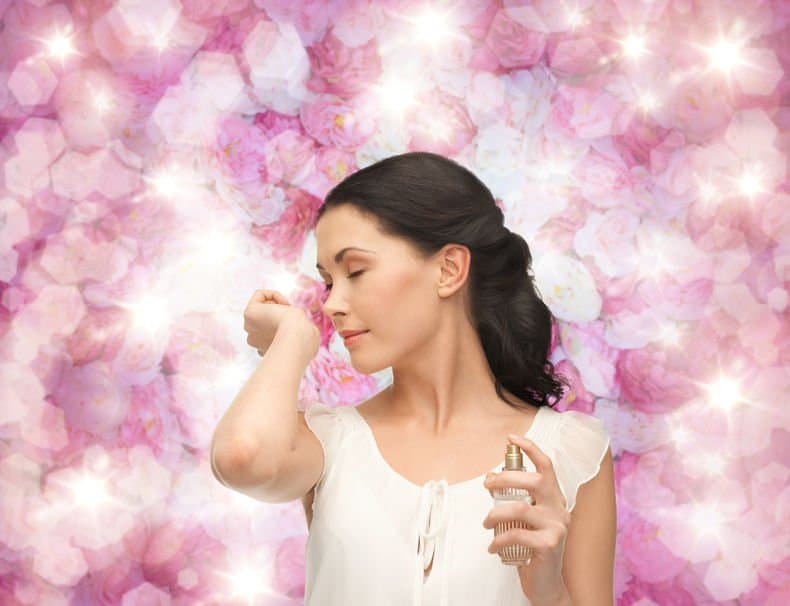
In addition to understanding the notes and fragrance families that go into making a perfume, you need to know how strong your resulting body oil will be. Typically, there are four different gradations or strengths of perfumes that will affect how intense the aroma is.
Likewise, the concentration you choose will also affect the price; the stronger your aromatic oils are, the more expensive they will be to make in correlation to the percentage of ingredients such as essential oils and pure fragrances.
But while highly concentrated essential perfume oil comes with a steep price tag, I feel its absolutely worth it given the powerful and long-lasting effects. The different perfume gradations are as follows:
i) Parfum
Also known as pure perfume or “extrait de parfum”, this type has the highest fragrance concentration of them all. Parfum contains anywhere between 15 to 40 percent fragrance, but most perfumes today have it at 20 to 30 percent.
Out of all gradations, parfum lasts the longest at six to eight hours. Due to the highest concentration of fragrance, parfum commands the highest price range. Similarly, parfum contains far less alcohol, which is good if you have sensitive skin.
ii) Eau de Parfum
Next to parfum, eau de parfum has the second highest concentration of fragrances and oils. Typically, it falls anywhere between 15 to 20 percent and lasts for anywhere between four to five hours.
Similarly, it is less expensive than pure parfum and is better for sensitive skin due to less alcohol content.
iii) Eau de Toilette
Falsely translated as toilet water in its most literal sense, eau de toilette boasts of a 5 to 15 percent fragrance concentration.
In addition to being one of the most popular perfumes of all time, it’s also cheaper than both parfum and eau de parfum. It typically lasts for anywhere between two to three hours and is ideal for day to day use.
iv) Eau de Cologne
With a much lower concentration than all the above types of perfume strengths, eau de cologne generally boasts of a 2 to 4 % fragrance and a very high percent of alcohol.
Since it’s cheaper than the rest, the scent usually lasts for about 2 hours. However, eau de cologne comes in bigger bottles as more of the stuff needs to be used to achieve discernible results.
v) Eau de Fraiche
Eau de fraiche is quite similar to eau de cologne in that the scent lasts for about 2 hours. However, eau de fraiche has an even lower fragrance concentration of only 1 to 3%.
Unlike the previous gradation that contains mostly alcohol, eau de fraiche is mostly water.
Phase 4: Making Your Own Perfume Oils
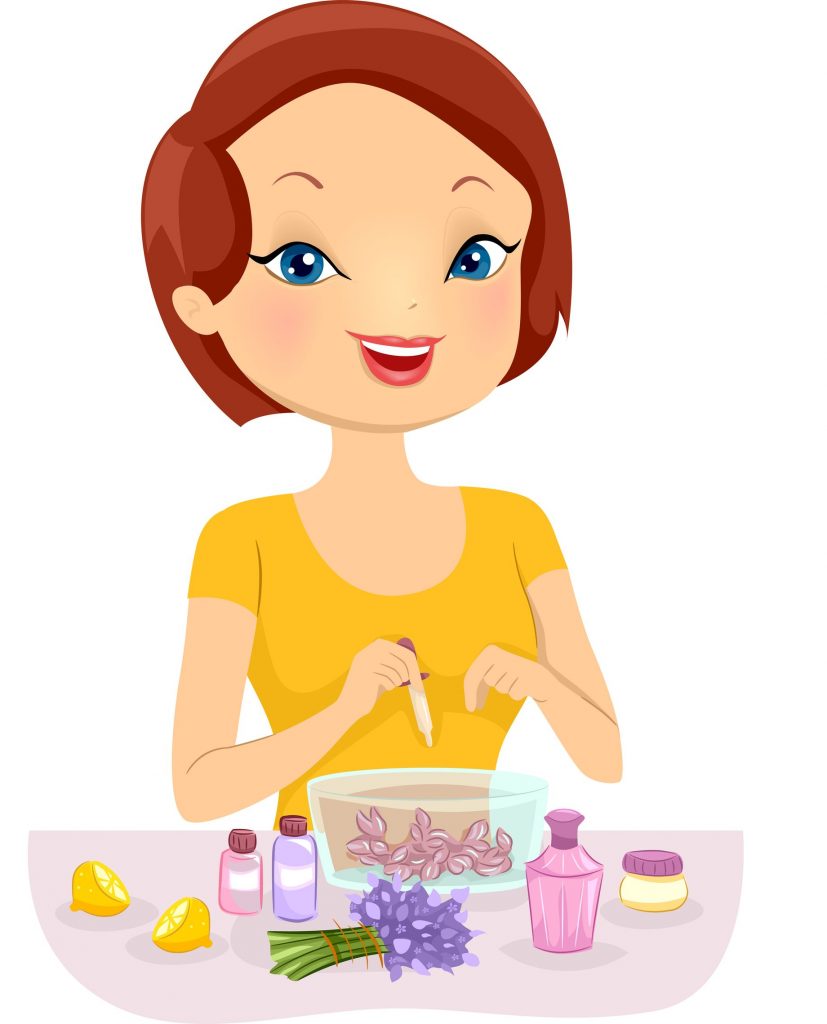
Okay, hands up if you’re tired of wearing the same goddamned scents as anyone with a couple dollars and access to Bloomingdales. Just what I thought!
Well, if you’re so fed up with smelling like all the rest of your friends, maybe it’s about time you learned how to make your own perfume oils. Now, the good news is that it’s super easy to do if you know a thing or two about your favorite ingredients, fragrances and scent order.
But the bad news is that getting the ingredients and amounts wrong can turn your perfume from amazing to literally breathtaking (chokes the hell out of you) in a snap.
Sure, making perfume and aromatic oils is all about adventure, patience, and experimentation; but if you’re all for playing mad alchemist, then you’re in for quite the ride. By making your own perfume oils, you get to have total control over all the ingredients and quality of the oil.
So, you ready to skip all the headache (and health hazards) that come with conventional perfume? Great, then let’s dive right into the process of creating your own magical body oils and scents.
Step 1: Essential Oil Scent Basics
While regular perfumes last longer on your skin, essential oils are a better and healthier option because they are derived straight from Mother Nature herself.
What’s more, they don’t contain harmful agents and toxic chemicals that most commercial perfumes have. So if you have sensitive skin and want something natural and organic, then essential perfume oils are the way to go.
Now, the problem is that you have a plethora of essential oils to work with. How on earth will you know where to start?
I mean, I’m sure you’ve got a throng or lovely smell crammed in your nose right now – that orange, lilac, rose, and others. I could let you go all wine country and start sniffing every single bottle, but there’s no need to overwhelm your nose.
I’ve compiled the essential oils according to the different notes and fragrances that we talked about earlier. The table below will guide you on how to choose the correct oils for the perfume making process.
Top Notes – Basil, Bergamot, Cinnamon, Cajaput, Coriander, Clary Sage, Eucalyptus, Hyssop, Grapefruit, Lemon, Lime, Lemongrass, Orange, Niaouli, Rose, Tangerine, Verbana, Sage, Ravensara, Spearmint, Thyme, Tea Tree, Tagetes
Heart Notes – Basil, Black Pepper, Cypress, Cardamom, Chamomile, Geranium, Ho Wood, Juniper, Myrtle, Pine, Rosemary, Nutmeg, Marjoram, Lavender, Palma Rosa, Yarrow
Base Notes – Balsam, Cedarwood, Clove, Cinnamon, Frankincense, Jasmine, Ginger, Myrhh, Oakmoss, Neroli, Rosewood, Patchouli, Valerian, Vetiver, Sandalwood, Vanilla, Ylang Ylang
The reason why I drew this up is because order matters. Once you have all your essential oils present, always start with the base note first, then middle or heart notes and finish off with the head or top notes.
Step 2: Getting Started
Before you start gathering ingredients, you’ll need to clear off a workspace such as a countertop or a table. Wipe the area clean and place a tablecloth or newspapers down in case of any spillage. Once you’re all set, it’s time to gather the supplies.
What you’ll need:
- 50 ml roller bottles
- Several glass droppers or pipettes
- Top note essential oils
- Heart note essential oils
- Base note essential oils
- Non-pungent base or carrier oil
- Custom labels
Step 3: Mixing the Perfume Oils
a) Add in your Base Note
This is the first step to creating your own signature fragrance. Adding base notes or earthy scents sets the tone for great smelling, long lasting fragrances for the perfume.
The base note can be anywhere between 5 to 20 % of your entire blend, but feel free to tinker with it. Some people prefer grape-seed oil or sweet almond as the base oil, but it’s all about personal preference.
b) Mix in the Heart Notes
As the name suggests, the middle note is the heart of your fragrance. It appears after the dissipation of the top note when applied.
Being the heart of your perfume, the middle note takes up a substantially larger portion of your blend. This is usually between 50 to 80% of the perfume, but once again, this varies from person to person.
c) Add the Top Note
At last, your final, main addition to the perfume. The top or headnote is a crucial element of the fragrance since it is the first immediate scent that emanates from the final product.
The top note can be 5 to 20% and is usually something along the lines of fruity, minty or refreshing scents.
d) Experiment with the Scents
If you’ve already tried a few combinations and aren’t pleased, don’t give up. All you need to do is play around with the perfume oils some more and tinker with different scents to create something magical.
Step 4: Storing and using your Perfume Oils
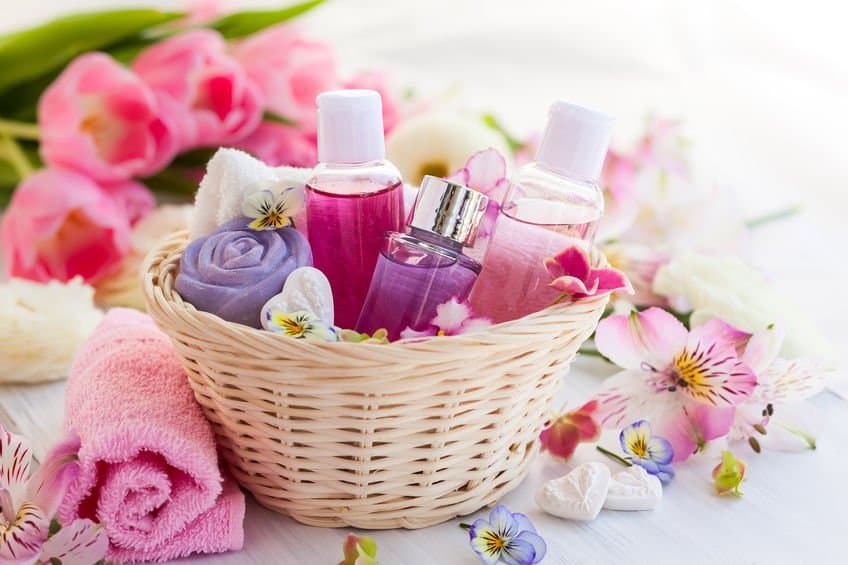
Like anything else worth using, you’ll have to wait for your essential perfume oils to blend and cure. After mixing them up and shaking well, you can store the perfume in clear or dark glass bottles in a dark, cool place.
Make sure you don’t disturb the homemade perfume at all. After a week has passed, you can go ahead and take a sniff, Trust me, it’s going to smell five times better than when you cooked it up.
You can start using it now, or you could close it up for another full month for the essential oils to blend nicely together. After an entire month, your dream of all natural, homemade, signature fragrance essential oil perfume will have become a reality.
Don’t forget to label your bottles so you don’t get them all mixed up!
How To Use Perfume Oil Roll-On
When it comes to perfume oils, nothing works better than a roller-ball bottle. Sure, spray bottles may seem convenient, but you have to remember that perfume oils are much thicker than regular perfume.
As such, they are too dense to spray and might clog your sprayers up. Roller bottles not only allow for easier transportation of the oils, but they also allow for direct application of your aromatic oils. Once you have the oils in dark colored roller bottles, here’s how to use the perfume oils.
i) Take a Shower
Did you know that your skin absorbs perfume oils more efficiently when it’s nice, clean and warm? That’s why you’re advised to wear perfume after showering so that your pores are unclogged and open.
Shower with unscented body wash and take this chance to moisturize a bit. Of course, you’ll want to moisturize after you’re all dried off.
ii) Applying the Roll-On Perfume Oil
Perfume oils are meant for use on your skin and not clothes. Applying the perfume to your clothes could leave water or oil marks which look dirty and unseemly.
If you’re going out on a date and just smeared a ton of perfume all over your clothes, I’ll show you how to get it off later on. But first, the proper way to apply roll-on perfume is by rolling a bit on your pulse points.
Pulse points are simply places where blood vessels are close to the skin resulting in extra heat. This heat causes the perfume oils to be dispersed throughout the day creating a nice scent trail known as sillage.
Common pulse points include the neck, lower jaw, wrists, inner elbow, shoulders, forearms, collarbones and other warm parts.
Now, as counterintuitive as it may sound, do not rub the perfumed area at all. Rubbing the area just breaks down the aromatic oils and makes the scent even weaker. Just leave it to dry on its own for the best results.
How To Remove Perfume Oil Stains From Clothes
As sweet as your perfume oils might smell, no one enjoys the unsightly stains they might leave on your clothes. Most people don’t realize that even clear perfumes can really stain different types of clothing.
Since most perfume oils are either alcohol or oil-based, they tend to leave behind oily looking spots if applied directly to clothing. That’s why it’s always best to apply aromatic oils, cologne, or perfume before getting dressed.
But if your favorite shirt or dress has already been stained, don’t stress too much about it. Here are some of the ways you can remove perfume oil stains from your clothes and make your garments look as good as new.
Step i: Dab Stain with Water
No matter what type of stain you’re dealing with, this is always the most critical step. This especially applies to anyone trying to remove perfume stains from cotton, nylon, polyester, wool, spandex, linen and other washable materials.
Making sure that you don’t rub the stain, use a light hand and dab it with patting movements from the center outwards. This method works because moistening the oil stain prevents it from spreading and setting in your clothes.
Step ii: Create a Dishwashing Detergent Solution
If the perfume stain is not fresh, just dabbing it with water may not be enough. To more aggressively combat the stain, you’ll need to create a solution that is one part dishwashing detergent, one part glycerin, and 8 parts water.
Stir the solution thoroughly and pour a small amount on the perfume stain without touching the surrounding areas. Place a folded paper towel on the stain and then leave it for about 10 minutes. The towel will absorb the stains as the detergent solution lifts the oils up.
Step iii: Pop Out the Rubbing Alcohol
If the stubborn stain is still remaining even after using the detergent lifting process, then it’s time to bust out the alcohol. Dip a cotton ball in rubbing alcohol and dab it all over the stain. The alcohol will work the same way as the detergent, just slightly more powerful as a cleaning agent.
Step iv: Soak and Wash
If hand removing the stain doesn’t work, the last option should be to soak the clothes in baking soda and water for about half an hour and then wash it as usual. After a few rounds in the washer / dryer, this should have most stains cleared away permanently.
How To Make Perfume Oil Last Longer
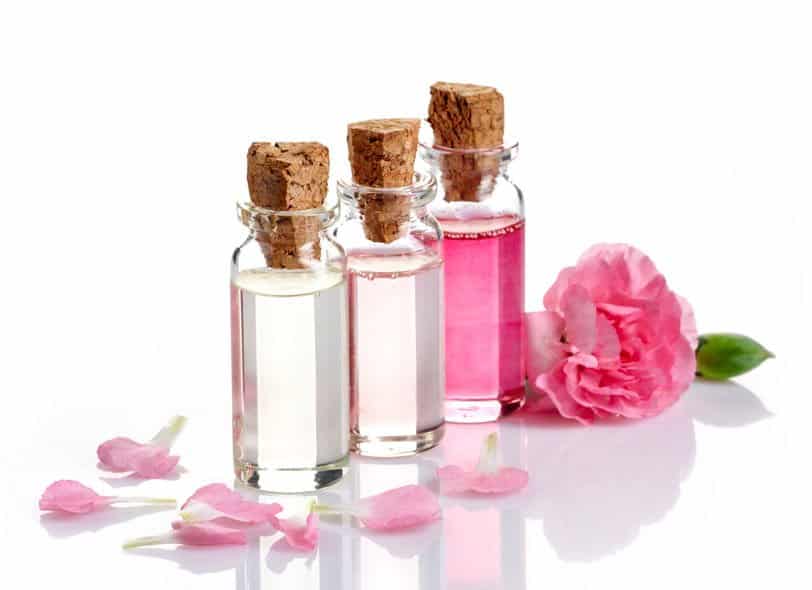
Do you usually find that your store-bought fragrance has faded away by brunch? And what about the bottles, how many of those suckers are you running through every few days?
Yeah, I know the feeling. We all like to smell nice all day, but today’s commercial perfumes seem to disappear as soon as you put them on.
Making your aromatic oils last longer is all about knowing how to apply them and most importantly, how to store them so they can retain their quality.
This way, you’ll be able to make the most of your precious essential perfume oils and you won’t waste as much. Here are some of my top tips for making your perfume oil last ten times longer.
A: Application Techniques
- Add Petroleum Jelly – We’ve already talked about pulse points and how they can help you achieve a consistent scent trail all day long. Well, did you also know that adding petroleum jelly to pulse points such as your wrists will help hold the perfume for much longer? Just apply some good old jelly to your neck, wrists, inside elbows, behind knees and other pulse points.
- Spray your Hairbrush – Instead of wasting a lot of perfume in the air, try spraying your hairbrush instead to conserve it.
- Carry some Cotton Buds – Instead of putting on too much perfume oil in the morning, there’s another simpler way to make your fragrance last all day long. Why not dab some cotton balls in your signature fragrance and carry them around for some re-application on the go? It will save you a lot of effort, a lot of discomfort and a hell lot of oil.
B: Storage Methods
One thing that both essential oils and perfumes have in common is their weaknesses. Your perfume oils will definitely degrade and break down if wrongly stored and in the presence of light, heat, oxygen, humidity and extraneous organic materials.
If you can keep your aromatic oils away from heat sources and direct sunlight when storing them, then they should be able to last longer and retain better quality.
While it might be convenient to store them in the shower, the presence of humidity in the bathroom might also contribute to degrading the perfume over time.
If you can get your hands on an air-tight, light-tight aluminum bottle, then that would be the best storage container. However, a clear or dark colored glass bottle stored in a cool, dry and dark place will also do just fine.
Blending Perfume Oils
Blending your own perfume oils with unique scents can be very easy with a little knowledge, But as we’ve also established, getting even a single component, amount, or concentration wrong can have ghastly outcomes.
So to start you off, I’ve included some popular perfume oil blends that come highly recommended for different genders.
Once you’ve mastered these simple recipes and combinations, you can now move on to experimenting with your own complex and inspired blends.
Perfume Oils for Men
Over the years, more and more men are steadily embracing the importance of signature fragrances. Sure, not many dudes are willing to tinker with droppers and different oils, but trust me guys, the end result is so damn worth it. Believe it or not my fellow Neanderthals, women today like to be with a man who smells good.
Your scent tells a lot about who you are, your hygiene and even how well you take care of your body. Of course, you don’t want to walk around smelling like lilies and roses.
As a man, you want a perfume oil that is warm, opulent, sensuous, mysterious, distinctive, with lighter top notes and incredibly musky notes.
Woody scents are a standard for men’s perfume since they add an air of sophistication while aquatic scents give a nice cooling feel to it.
You could also throw in some fruity scents for more freshness, a little oriental for depth and wind up with just a hint of floral for that initial bang. I could go on all day guys, but why don’t I just show you with a couple of blends?
Perfume Oil Recipes for Men
Recipe 1: Simple Woodland Dude’s Blend
Ingredients:
- 3 drops Cedarwood
- 2 drops Bergamot
- 2 drops Sandalwood
- Ounce of Alcohol
Method:
This recipe is useful for when you want to make one hit of perfume for immediate use. Mix all the oils together in a small container and then add the alcohol. Shake the mixture well to ensure everything is combined. Put your finger in and then dab the perfume on your pulse points for a crisp, masculine scent.
Recipe 2: Robust Manly Fumes
Ingredients:
- 7 drops Bergamot
- 5 drops Patchouli
- 3 drops Bay laurel
- 2 drops Ginger
- 2 drops Vetiver
- 1 drop Neroli
- 50 ml Fractionated Coconut oil
- 50 ml rollerball bottle
Method:
Add all 20 drops of essential oils in a container. In the 50ml empty roller bottle, pour in the fractionated coconut oil and top it off with the essential oils. Cap tightly and shake the bottle well.
Store it in a cool, dry place for a few days to let the oils fuse and blend nicely. Roll the perfume behind the ears, wrists, upper elbows and other pulse points.
Perfume Oils for Women
The reason why perfume exists in the first place is because of women and women alone. The fairer sex has been enjoying the benefits of aromatic oils for thousands of years and still continue to do so even today.
Typically, perfume oils for women are all about the sweet, tender, romantic and captivating scents that are simply irresistible.
I’m talking about a broad range of floral fragrances with light, sweet top notes and even more feminine mid notes. The good thing about most aromatic oils for women is that they blend nicely with woody, oriental, fruity, citrus and aquatic fragrances.
Here are some recipes to get all you girls started out on your personal homemade perfume journey.
Perfume Oil Recipes for Women
Recipe 1: The Flower Garden
Ingredients:
- 7 drops Sweet Orange
- 5 drops Patchouli
- 3 drops Lavender
- 2 drops Ylang ylang
- 2 drops Rose
- 1 drop Grapefruit
- 50 ml carrier oil
- 50 ml glass roller ball bottle
Method:
Add all 20 drops of essential oils in the 50ml empty roller bottle and pour in your choice of carrier oil. Cap tightly and shake the bottle well. Store it in a cool, dry place for a few days to let the oils fuse and blend nicely. Roll the perfume behind the ears, wrists, upper elbows and other pulse points.
Recipe 2: A Romantic Night
Ingredients:
- 3 drops Rose
- 2 drops Lemon
- 1 drop of Vetiver
- 1 drop of Peppermint
- Tablespoon of Olive oil
Method:
Here’s a quick recipe for refreshing your body with heavenly scents for a romantic evening. Just mix all the essential oils in a container and add in the olive oil for more consistency.
Apply the perfume to pulse points and enjoy all the benefits that come with it all night long.
The Final Word
There you have it my delightfully scented readers. Now you know almost as much as I do about perfume oils and how to put them to good use.
With this knowledge, you could be well on your way to creating a line of signature fragrances good enough for celebrity consumption. But whatever type of fragrance family, scent concentration, or perfume type you wear, always remember these wise words – Perfume should be discovered, not announced.
The human nose has the uncanny ability of quickly acclimatizing to scent. So just because you can’t smell your own aromatic oils on you doesn’t mean that others can’t.
Dousing yourself with scents is never a good move. With perfume oils, less is more; and you’ll soon discover that a little sweet smelling dab goes a hell of a long way.

